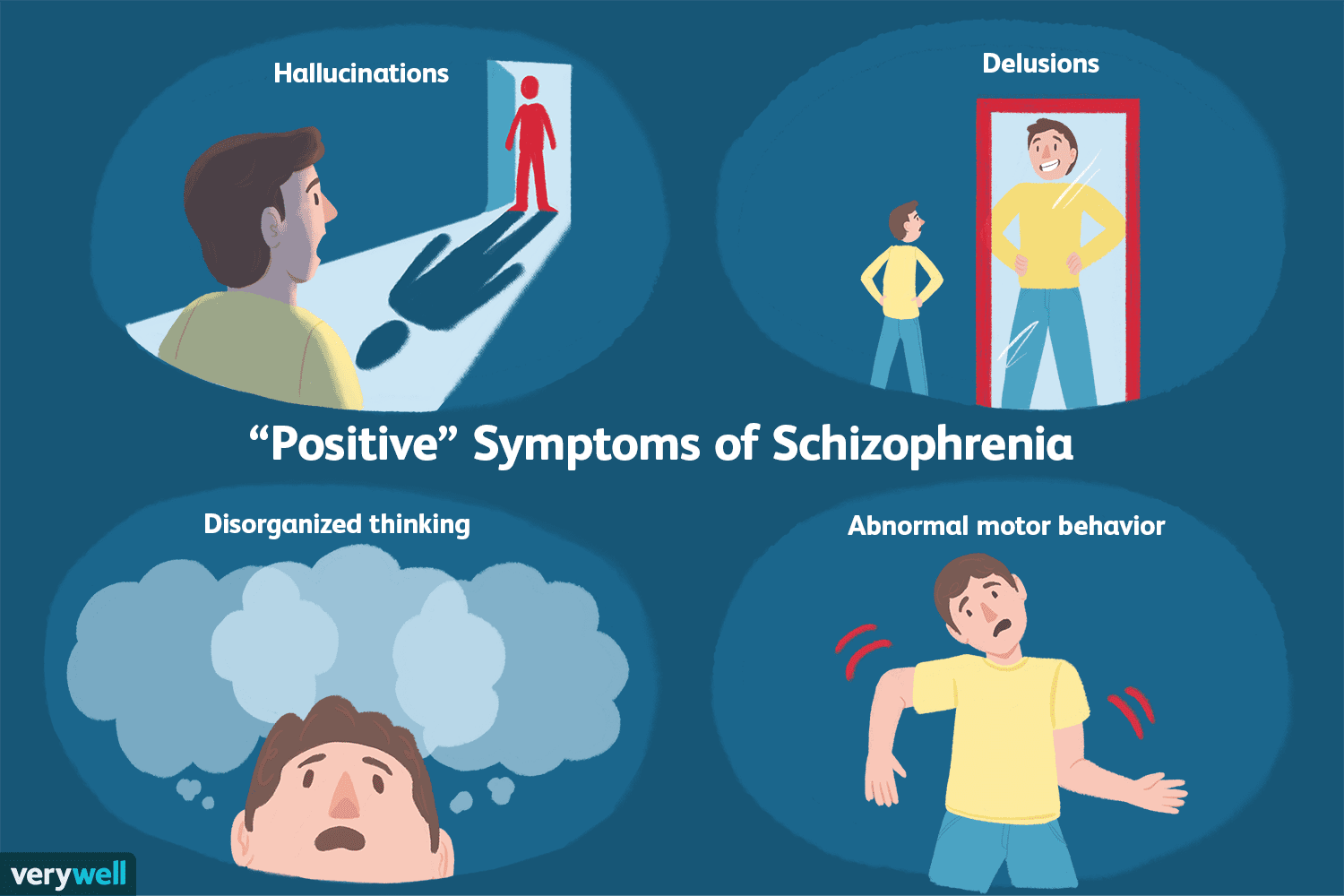Paranoia is a mental condition where the patient feels that people are watching or plotting against him. While Paranoia can take a severe form: proper care and treatment can help a patient live with it more positively.-Why Fighting Mental Health Conditions? part 4
Clinical Paranoia is a more extreme form of mental condition where the patient may feel that people are trying to hurt him in some way.-Why Fighting Mental Health Conditions? part 4
An article written by Paul Frysh and published on WebMD mentions the following:
“Clinical paranoia is more severe. It’s a rare mental health condition in which you believe that others are unfair, lying, or actively trying to harm you when there’s no proof. You don’t think you’re paranoid at all because you feel sure it’s true. As the old saying goes, ‘It isn’t paranoia if they’re really out to get you.’
Symptoms of paranoia
From being easily offended to being aggressive, a paranoid person can show several symptoms.
Some of the symptoms, according to WebMD, are as follows:
“Being defensive, hostile, and aggressive
Being easily offended
Believing you are always right and having trouble relaxing or letting your guard down
Not being able to compromise, forgive, or accept criticism…”
Paranoia treatment
How does a doctor realize a person is suffering from paranoia? Like every disease, diagnosing paranoia at an early stage can help the patient experience extreme forms of the mental condition. However, it is the patient who has to realize that he is losing touch with reality.
The WebMD article mentions the following:
“If you feel that you’re losing touch with reality, a doctor or mental health professional is the best place to start. Because you can still tell that your thoughts aren’t reasonable, there are things you can do to help.”
“After that, it can actually help to talk to yourself about paranoid thoughts. This works only while you can still tell that your thoughts are not reasonable. Keep it realistic. Instead of thinking to yourself ‘I’m crazy’ or ‘I’m paranoid,’ try something like: ‘I’m worried about something that’s highly unlikely to be true,’” the article further mentions.
Is it important to lead a balanced life?
- What are the leading causes of depression?
- How can one take care of anxiety?
- What is your understanding of bipolar disorder?
- Can Paranoia be treated?




